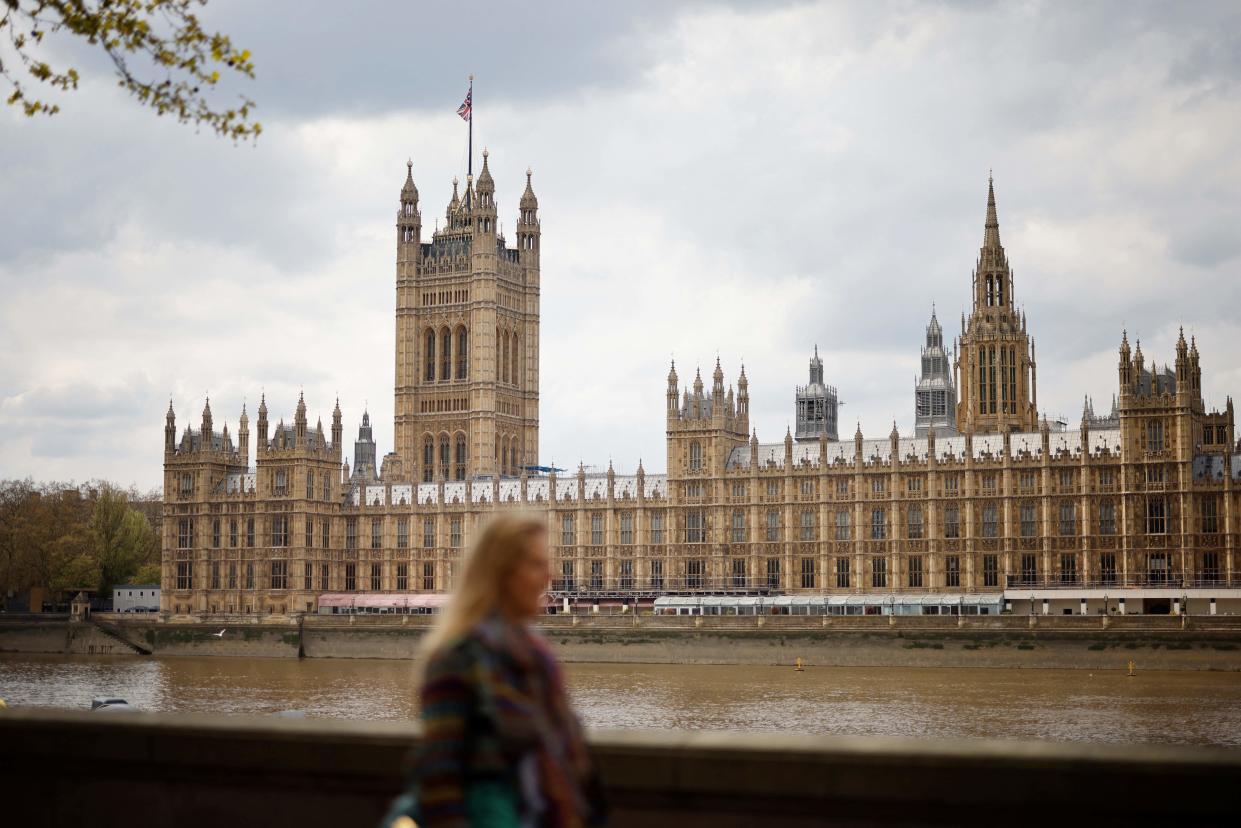Women make up only third of local election candidates in this week’s council elections

Less than a quarter of police and crime commissioner candidates are women despite pledges to make policing more equal
(AFP via Getty Images)Women make up only a third of local election candidates in this week's council elections, a new report has found.
The study, by Fawcett Society and Democracy Club, also discovered less than a quarter of police and crime commissioner candidates are women despite pledges to make policing more equal.
Women were already “chronically under-represented” in local government, researchers said, warning they will carry on being an “unheard majority” with gender equality not materialising unless measures are introduced.
Only a quarter of candidates for the mayoral elections are women and there are no women mayors in metropolitan areas in the UK.
Britain’s political system has long been dominated by men, with women accounting for about a third of MPs and local councillors. At present, only five out of 23 cabinet ministers are women.
Felicia Willow, chief executive of the Fawcett Society, said: “We need to see more women encouraged to get into politics – for many this begins at the local level. It is vital women are represented.
“We need to see all forms of government embrace modernisation. Remote working technology has been used to keep local government and parliament running during the pandemic and, as we build back, flexible working must continue for those who need it.
“We need to see lasting changes to make being a councillor more accessible for everyone – including those with childcare responsibilities and disabled people. This will lead to better policy and decision making with a wider range of voices being heard.”
The amount of women standing for election to local government has steadily increased due to substantial measures by campaigners but the fresh research demonstrates the country is moving “backwards on gender equality”, researchers said.
Sym Roe, chief executive of Democracy Club, said: “The findings emphasise the importance of keeping good data on elections: at present, data on candidates is not collected officially and centrally by the UK state.
“Democracy Club believes that information about elections and candidates should be easily accessible to everyone.”
Women constitute 42 per cent of candidates in the Green Party, 39 per cent in Labour, 30 per cent in the Lib Dems and a quarter of candidates in the Conservative Party at local elections this year, the research shows.
The Reform Party, formerly Brexit Party, has the smallest proportion of female candidates, at 11 per cent, with Ukip having 20 per cent of women.
Recent research found about seven in 10 women say they would not become a politician because of fears of facing abuse or harassment in the role.
The study, again conducted by the Fawcett Society, a leading gender equality charity, found almost six in 10 women think sexism in local politics is a barrier to pursuing a political career.
Seven in 10 said problems juggling work as an MP or councillor with other responsibilities in their lives would be an obstacle, and six in 10 said a lack of confidence to offer themselves up held them back.
Research has found that black, Asian and minority ethnic female MPs are subjected to far more abuse online than their white peers – with a previous study by Amnesty International showing that black female MPs and journalists were 84 per cent more likely to be mentioned in abusive tweets than white women.
Read More
Help The Hungry: New kitchen to give 1.5 million meals a year to the needy
Joe McCann: Two former paratroopers accused of murder of IRA leader acquitted

